
Lack of competitiveness
According to Pham Tuan Anh, Director of the Department of Industrial Safety and Environment ( Ministry of Industry and Trade ), in recent times, the supporting industry has had positive developments thanks to the State's support and encouragement policies and the efforts of the business community. Up to now, the whole country has about 5,000 supporting industry enterprises; products are fully supplied domestically and exported to Korea, Japan, China, the United States... such as electric cables, gearboxes, plastic components...
In particular, there are about 100 enterprises that are tier 1 suppliers for multinational corporations; the number of tier 2 and tier 3 enterprises is about 700 units. Typically, there are about 50 enterprises that are tier 1 suppliers and 170 enterprises that are tier 2 suppliers for Samsung Group.
However, although the Government has coordinated with organizations and enterprises to implement linkage activities between foreign-invested enterprises (FDI) and Vietnamese enterprises, the linkage is still loose; social resources have not focused much on investment in supporting industrial production due to slow capital recovery time and less attractive profits compared to investment in other fields.
According to Nguyen Van, Permanent Vice President of the Hanoi Supporting Industry Business Association (HANSIBA), although there are up to 900 enterprises participating in the supporting industry sector, accounting for the highest rate in the country, this industry in Hanoi still has many limitations.
In particular, supporting industrial products are still simple, with medium and low technology content, and have small value in the product value structure. The localization rate is low, and businesses lack resources for innovation. The capacity to supply components and spare parts with high technology content and complex techniques does not meet the requirements to participate deeply in the global production chain...
Chairman of the Board of Directors and General Director of MBT Electrical Equipment Joint Stock Company, Tran Van Nam, said that most of MBT's input materials, machinery and equipment must be imported, because the quality of domestic products and machinery cannot meet the demand.
Not only MBT, according to Mr. Tran Van Nam, industrial production enterprises in general, supporting industries in particular, are in great need of support from all levels and sectors, especially associations in the role of gathering enterprises from many fields, acting as a focal point to connect the needs between enterprises, creating conditions for cooperation to increase production capacity, improve product quality to open up many new customers and boost consumption.
Add support policy

Clearly identifying the inherent weaknesses and policy shortcomings, on July 17, 2025, the Government issued Decree No. 205/2025/ND-CP, amending and supplementing Decree No. 111/2015/ND-CP on the development of supporting industries. Effective from September 1, 2025, the decree provides many preferential policies and stronger support in terms of technology, human resources, finance, land, administrative procedures, etc. Thereby, creating expectations to attract stronger investment in the supporting industry sector, especially in the context of businesses restructuring the global supply chain and shifting to domestic production.
Dr. Mac Quoc Anh - Vice President and General Secretary of the Hanoi Association of Small and Medium Enterprises, said that businesses are facing new opportunities as the Government has expanded incentives on capital, technology, human resources and markets, creating a strategic boost for Vietnam's supporting industry to accelerate in the coming time. A series of financial, technical and market support mechanisms will be expanded. Research activities, product development, technology transfer and improving the quality of human resources for the supporting industry... are also more focused with a support level of up to 70%.
According to KNTECH General Director Nguyen Trung Kien, preferential policies help businesses, especially small and medium-sized enterprises, access advanced technology, thereby improving product quality and increasing competitiveness. In addition, small and medium-sized enterprises in the industry enjoy support under the Law on Support for Small and Medium-sized Enterprises, including legal advice and simplification of administrative procedures.
Deputy Director of the Hanoi Department of Industry and Trade Nguyen Kieu Oanh said that increasing incentives for businesses is a necessary "medicine" in the context that the domestic manufacturing industry depends on imported input materials and the number of businesses participating in the supply chain of the foreign direct investment sector is still modest.
When implemented systematically and transparently, Decree No. 205/2025/ND-CP will act as a "lever" to promote the entire supporting industry ecosystem to develop in a modern, efficient and integrated direction. This is a prerequisite for Vietnam to avoid dependence on imported components and raw materials; at the same time, increase the ability to participate in regional production networks, taking advantage of the wave of international investment shift. Economic experts all believe that this is a strategic boost, helping businesses overcome investment cost barriers, access international markets and build independent production capacity.
Source: https://hanoimoi.vn/cu-hich-phat-trien-cong-nghiep-ho-tro-710607.html



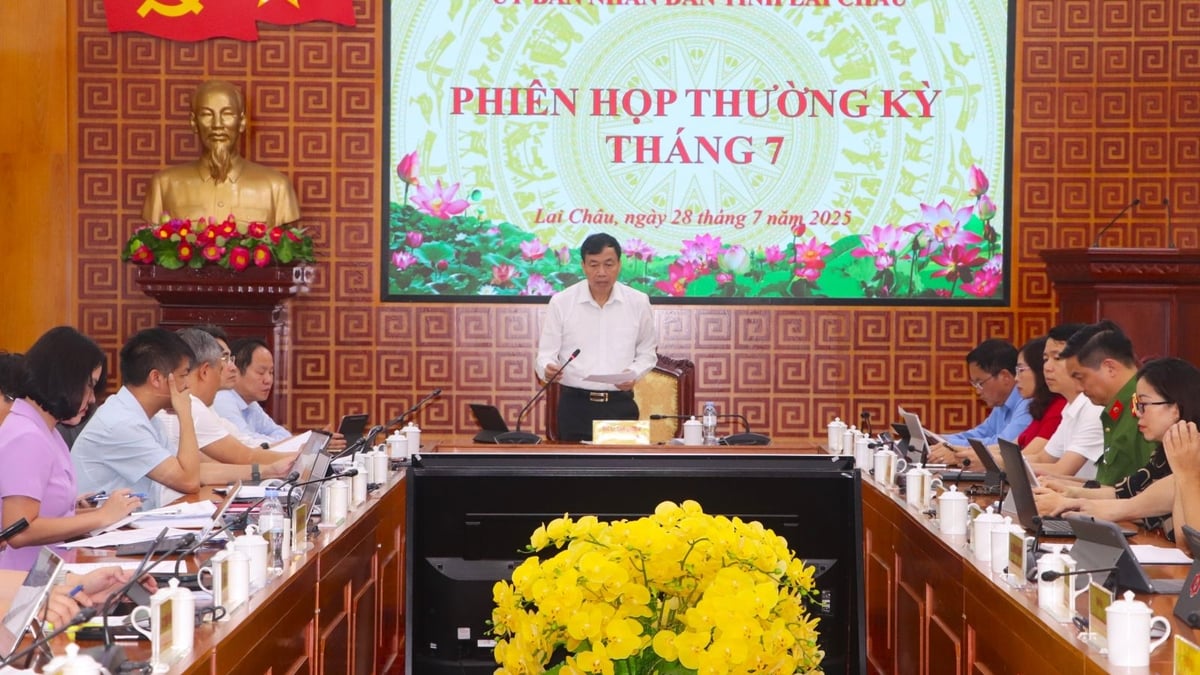
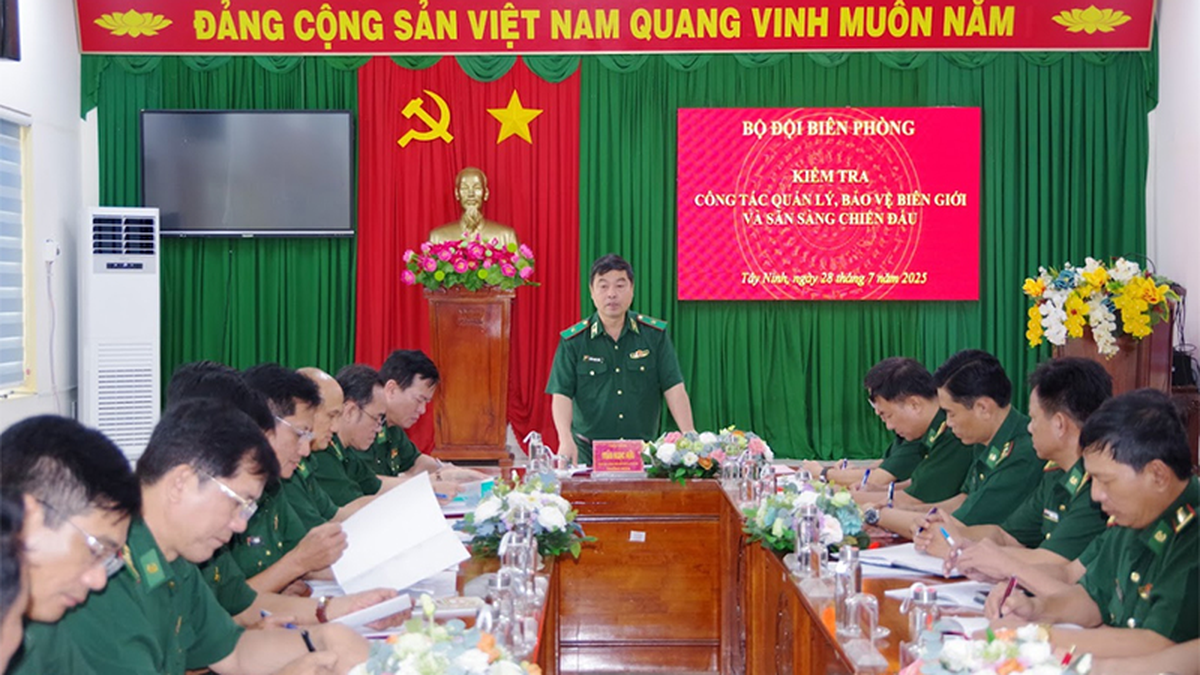


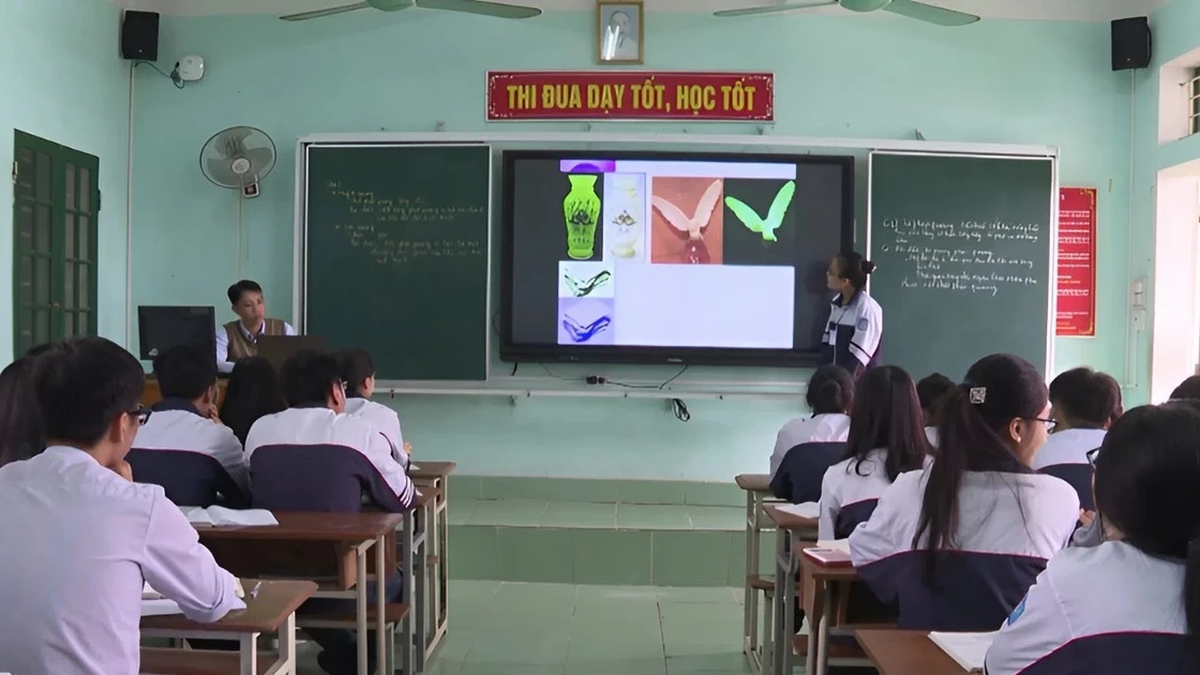

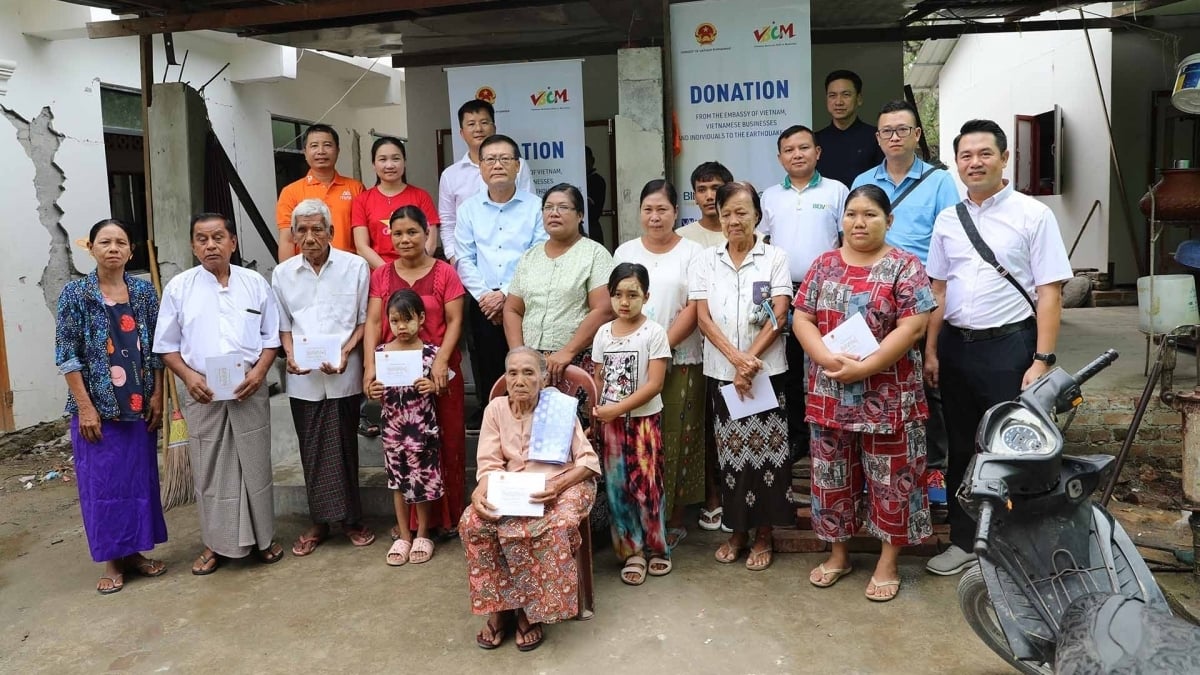
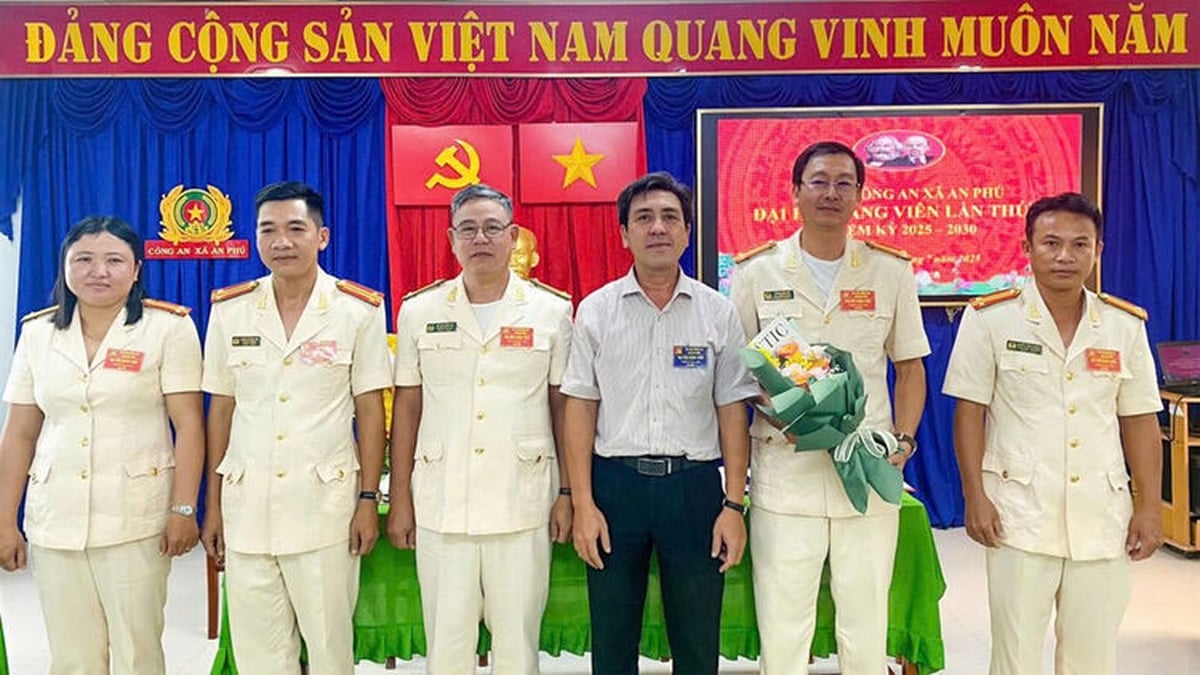
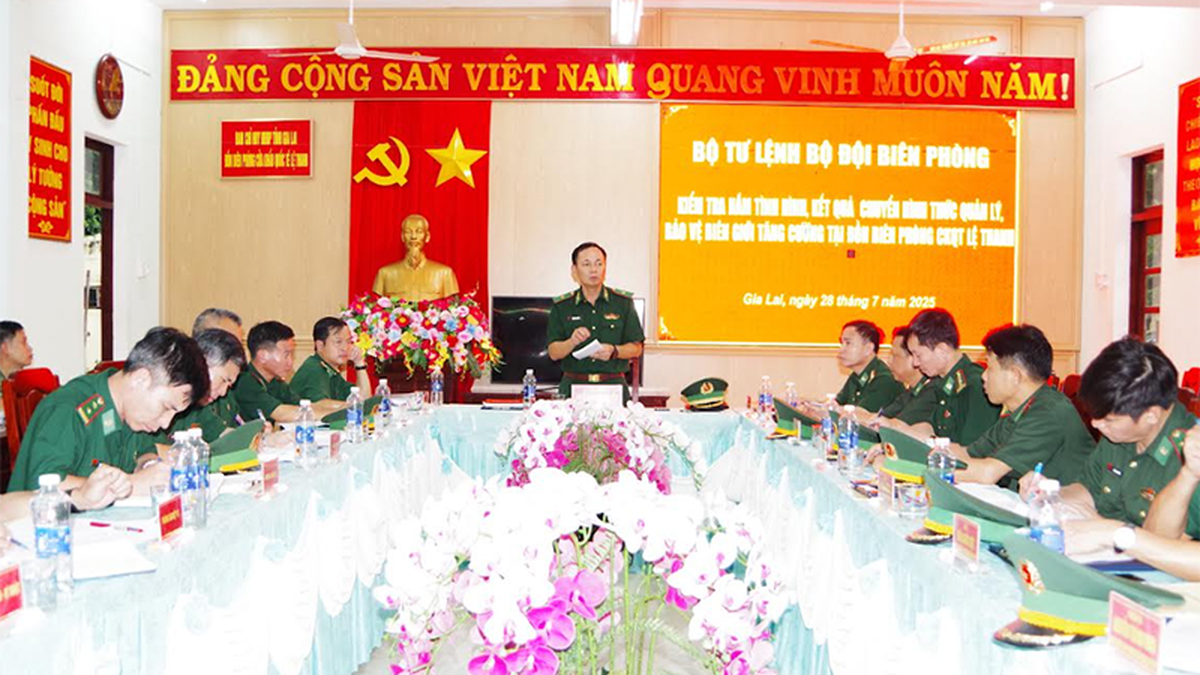











![[Photo] National Assembly Chairman attends the seminar "Building and operating an international financial center and recommendations for Vietnam"](https://vphoto.vietnam.vn/thumb/1200x675/vietnam/resource/IMAGE/2025/7/28/76393436936e457db31ec84433289f72)












































































Comment (0)